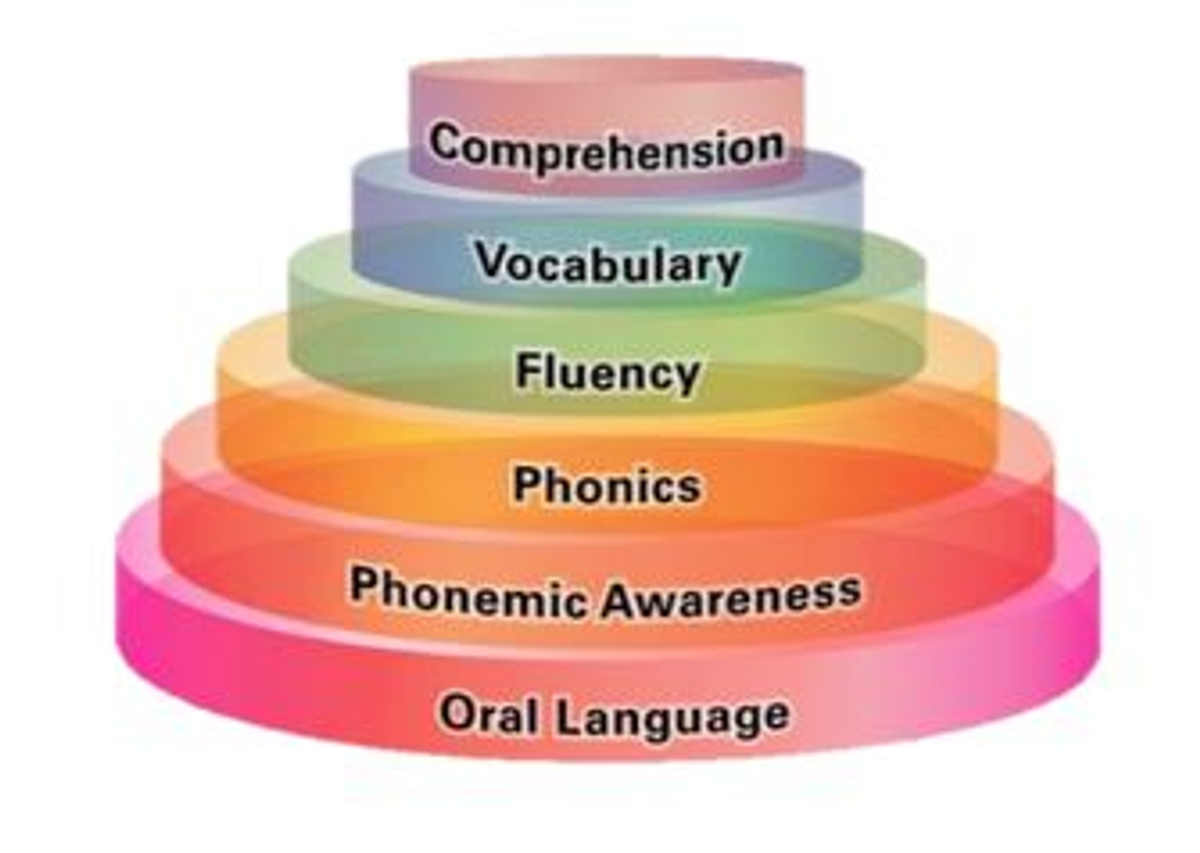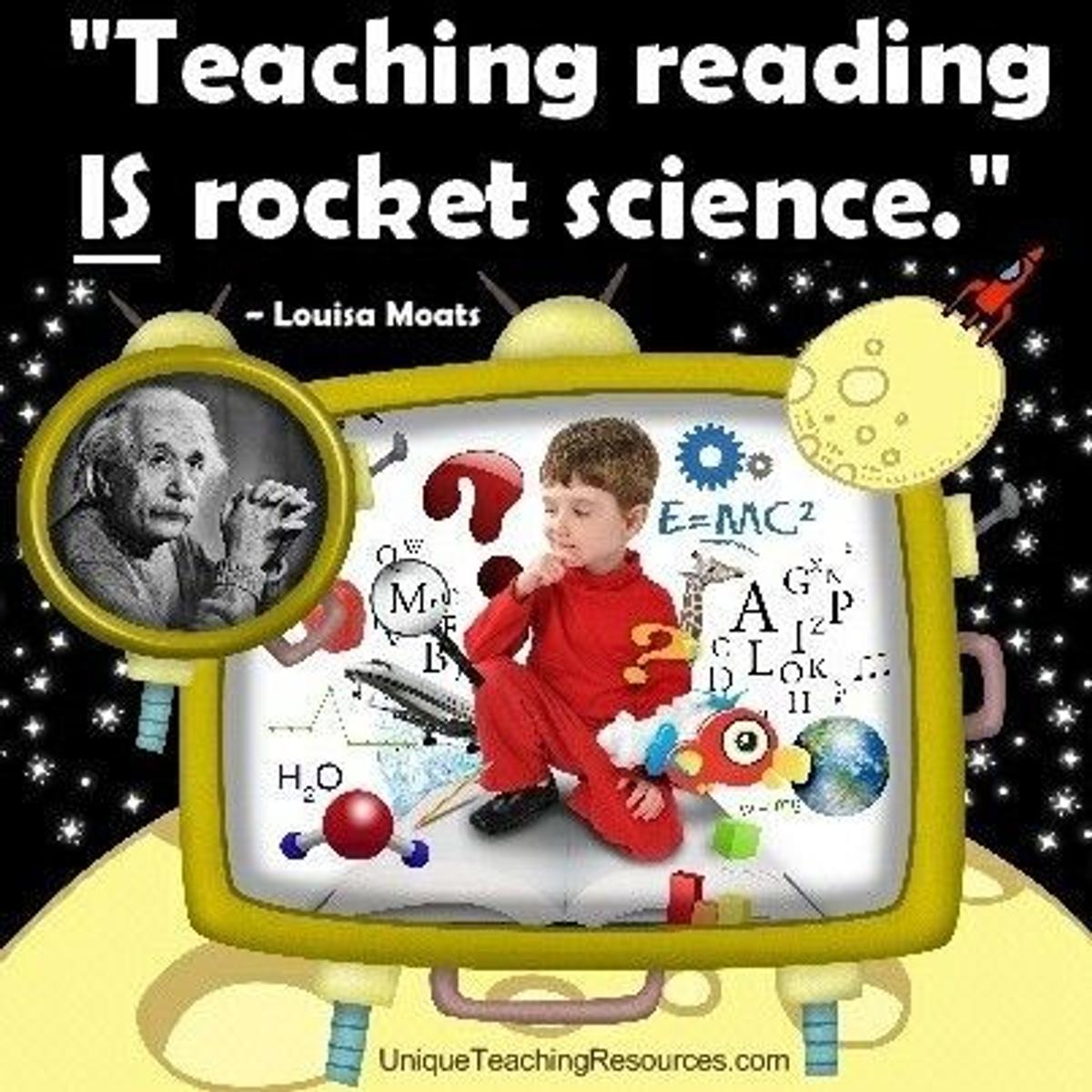Literacy

The Big Six of Literacy:
Why They Matter for Primary School Students
As primary school students embark on their educational journeys, building a strong foundation in literacy is crucial. Literacy goes beyond just being able to read and write—it’s about developing skills that support overall learning and personal growth. The "Big Six" of literacy offer a comprehensive framework to understand and support the various aspects of literacy development. Here’s why each component is essential for primary school students and how they contribute to long-term academic success.
1. Phonemic Awareness
Why It Matters: Phonemic awareness is the ability to hear and manipulate individual sounds in spoken words. This skill is fundamental for learning to read because it helps students understand that words are made up of different sounds.
Impact on Students: Phonemic awareness lays the groundwork for phonics and decoding skills. Primary school students who develop strong phonemic awareness are better equipped to tackle reading challenges and build a solid reading foundation.
2. Phonics
Why It Matters: Phonics involves connecting sounds with their corresponding letters or letter combinations. This skill enables students to decode unfamiliar words and build reading fluency.
Impact on Students: Mastery of phonics helps students read more accurately and quickly, improving their overall reading comprehension. It also boosts their confidence as they encounter new words.
3. Fluency
Why It Matters: Reading fluency refers to the ability to read smoothly and with expression. Fluent readers recognize words automatically and read with appropriate speed and intonation.
Impact on Students: Fluency is crucial for comprehension because it allows students to focus on understanding the text rather than decoding individual words. Fluent reading also makes the reading experience more enjoyable.
4. Vocabulary
Why It Matters: Vocabulary encompasses the words students understand and use. A robust vocabulary supports reading comprehension and allows students to express themselves more effectively.
Impact on Students: A rich vocabulary enhances students’ ability to understand and engage with texts, contributing to better academic performance and communication skills.
5. Comprehension
Why It Matters: Comprehension is the ability to understand and interpret what is read. It involves making connections, inferring meanings, and recalling details.
Impact on Students: Strong comprehension skills enable students to grasp the main ideas, themes, and details of texts. This understanding is critical for success across all subjects and for developing critical thinking skills.
6. Oral Language
Why It Matters:
Oral language is a crucial component of the "Big 6" in reading because it serves as the foundation for developing literacy skills. Strong oral language abilities enhance students' vocabulary, comprehension, and overall communication skills. When students engage in rich oral language experiences—such as conversations, storytelling, and listening—they build the cognitive frameworks necessary for understanding and processing written text.
Impact on Students: Effective oral language skills support reading fluency and comprehension by helping students connect spoken words with their written counterparts, thereby facilitating a deeper grasp of text structures and meanings. Additionally, oral language development is linked to academic success and social interaction, as it equips students with the tools to express their thoughts clearly and understand others, both in and out of the classroom. Thus, fostering oral language is essential for preparing students to become proficient and confident readers.
Conclusion
The Big Six of literacy—phonemic awareness, phonics, fluency, vocabulary, comprehension, and oral language—are essential for primary school students as they build the foundation for their educational journey. Each component plays a vital role in developing proficient readers and writers, and together they support overall academic success and lifelong learning. By understanding and nurturing these skills, educators and parents can help students thrive and develop a love for literacy that will benefit them throughout their lives.


